Masala Library: finally Indian food with the right dose of fusion?

For those growing up in India in the 1980s, the legendary food columnist and gastronome Jiggs Kalra was a household name. His son and restaurateur, Zorawar Kalra, founded renowned establishments in the country like Made in Punjab, Farzi Café and most recently Masala Library. Farzi Café arrived in Dubai in 2016 setting a standard for affordable Indian fusion food that continues to be a popular haunt. Masala Library, which has now expanded to Dubai, opening in the JW Marriott Marquis, is billed as the licensed fine dining version of Farzi. Zorawar describes the cuisine as post-molecular fusion – essentially experimental food using advanced techniques, but sans foams and liquid nitrogen. Phew. I decide to combine a Mother’s Day dinner with a restaurant review in the company of my wife and in-laws.
My mother-in-law is a creative cook and a vocal food critic, with the ability to identify minute flavours and aromas few of us would grasp. So, it’s two of us reviewing Masala Library, as we walk through the restaurant’s crimson corridors and towering pillars where Rang Mahal by Atul Kochhar used to reside. A new restaurant it may be, but sadly, the hotel has not invested in refurbishing the somewhat gaudy interior.
An attentive waitress shows us to our table and makes us comfortable by turning down the air conditioning, getting shawls for my in-laws and some extra cushions to support our backs in the deep chairs.
Having checked out the menu in advance, I am keen to try the 12-course tasting menu which has a number of choices at a value-for-money AED245, whilst the others choose a la carte. Good to see a restaurant that permits both on the same table.
For drinks, we order a couple of classics – a passion fruit margherita and whiskey sour, both of which are deliciously easy to consume.
The tasting menu is quite generous with a section for snacks, before the appetisers. The jhaal moori cookie, ghoogni chaat is an eastern India-inspired street snack. Jhaal moori, cousin of the better known bhel puri is a spicy puffed rice, which at Masala Library is made into a crispy cookie. Ghoogni chaat is a milder eastern Indian version of chhole (curried chickpeas). A creative start to our meal that preserves all the original flavours. A half piece of bajra roti (bread made from pearl millet) with a dollop of white butter on a flat stone plate tastes exquisite and the waitress fetches another portion. The braised lamb chops from the appetisers are crispy with a beautiful tangy chutney glaze, and cooked to medium with the juices well sealed in.
From the a la carte, the corn khees (grated corn) popper is a delicious yet complex offering with polenta-crusted corn on a bed of cheese mash and popcorn foam – the only foam I spot. The chevre kabab is modelled after the dahi ke kabab (hung yoghurt kabab) with a crispy golden crust breaking into melted goat’s cheese that, for a moment, happily drowns all other resident flavours on our palate.
The radhuni toothfish stands out as my favourite main course for its delicate flavour. The lightly braised fish sits on a coarse yellow sauce with the essence of the Bengali radhuni spice (a form of wild celery) and a topping of crispy pui saag (a spinach variation). The bhindi Jaipuri with hand pound churma boasts a three-layered presentation and a myriad of flavours with a savoury creamy and nutty base, layered with churma (a Rajasthani sweet dish with powdered fried dough and dry fruits). The topping is a pyramid of crispy fried long okra strips.
The Rajasthani mutton curry appears a little jaded, and I am used to a more vibrant and spicy dish. The Kashmiri chilli duck comes to the rescue though, with a rich regal taste of plum sauce balancing the chilli and oozing from the hand-pulled duck. I cannot resist reminding my in-laws about the subtlety of eastern Indian cuisine versus the overwhelming nature of the north Indian flavours – a sensitive topic!
The tasting menu ends with two exquisite desserts that miraculously maintain their original flavours despite the deconstructed presentation; the jalebi caviar (pearls of traditional jalebi dessert) with pistachio rabri (reduced milk with pistachio and saffron) – and the makhan malai (aerated saffron flavoured butter cream) with shakkarpara (a sugar-glazed filo crisp). However, we struggle with the third dessert – ashen kulfi – banana ash-coated kulfi ice cream with candied nuts. The banana ash is a little redundant, and would work just as well as a regular kulfi.
At AED185 per head without alcohol for a la carte, or a generous tasting menu for AED245, Masala Library champions classy Indian food with the right dose of fusion at an affordable price front. Service is off the charts, however the atmosphere in the now-dated interior is overwhelming. I give Masala Library a deserving 4 out of 5 FooDiva knives for making its mark as a top, yet well priced Indian fine dining experience in Dubai.
With so many good Indian restaurants in Dubai, what would it take for you to try yet another one?
AK
Who is FooDiva’s anon guest reviewer? AK is an avid gastronaut who thinks that a day without a good meal is a day wasted. He has travelled the world exploring culinary delights, including a treasured dinner at El Bulli. He works as an investment banker in Dubai.
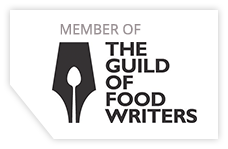















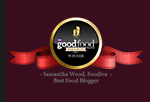










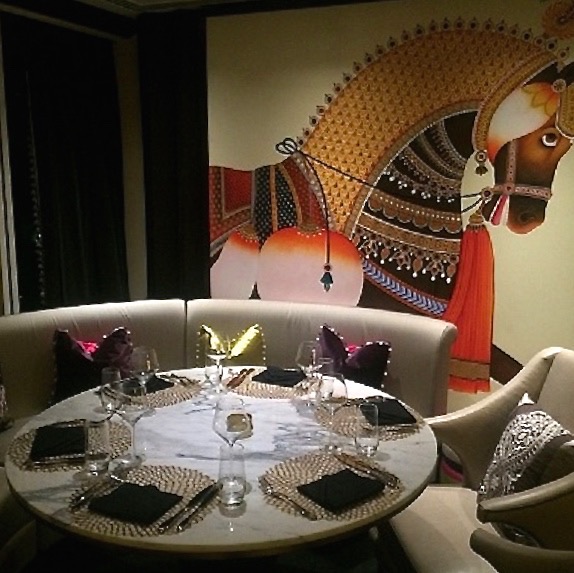
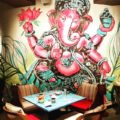
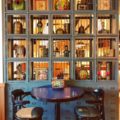



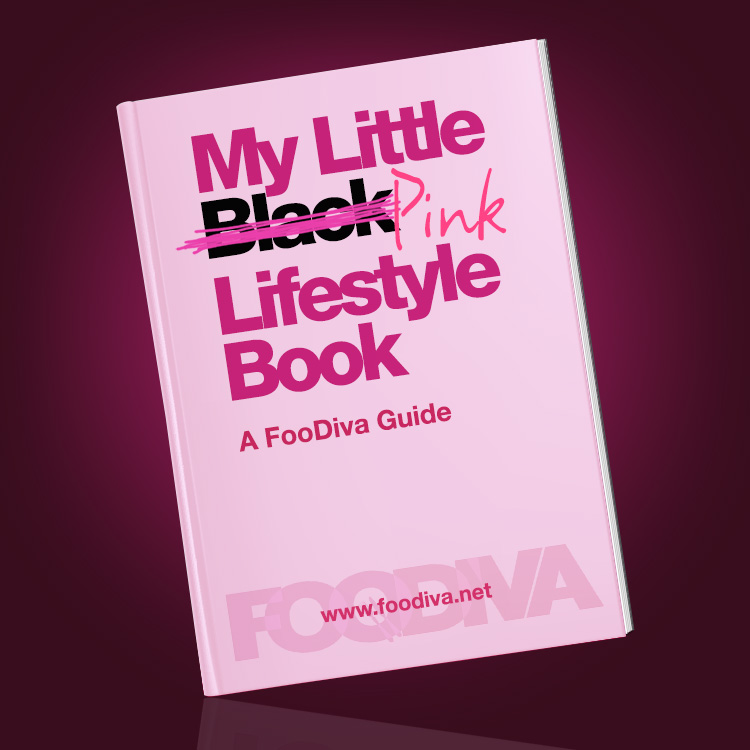






No comments yet